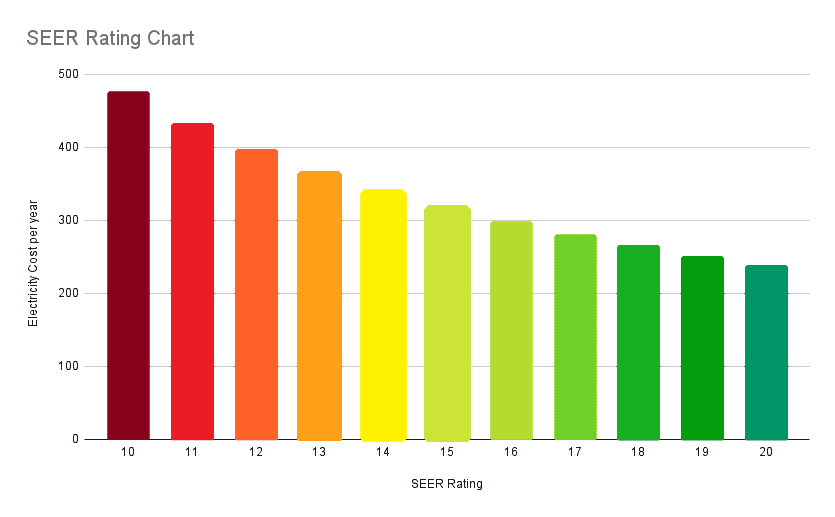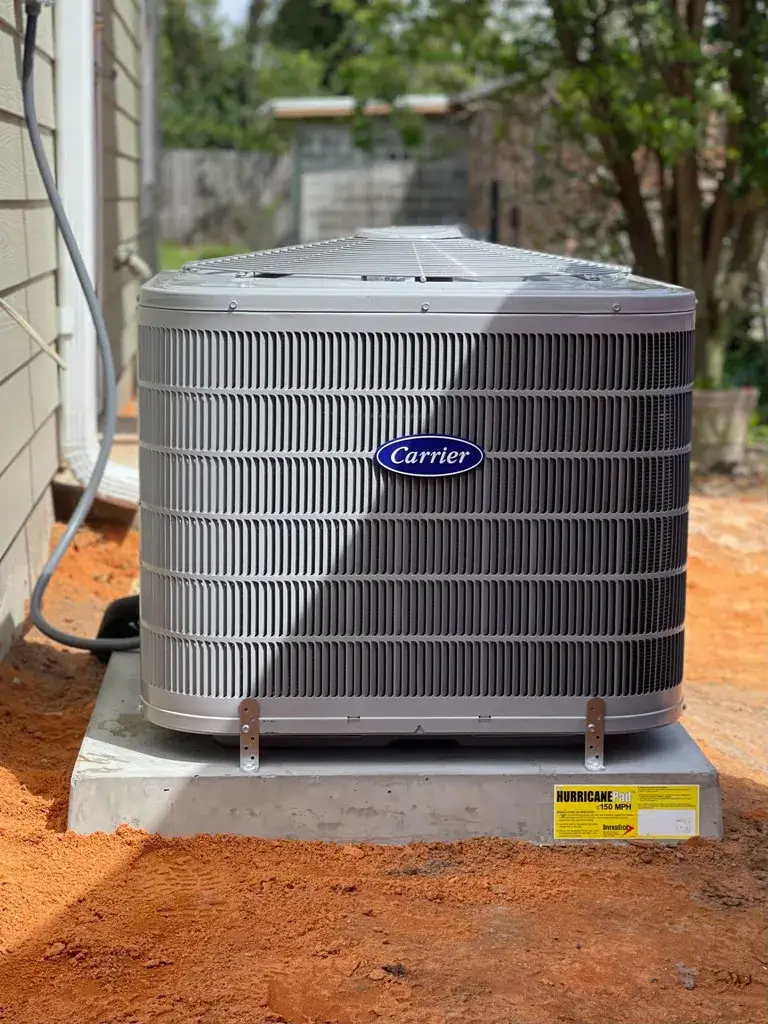When it’s time to invest in a new air conditioning system, you’ll likely come across the term SEER rating. But what exactly does it mean, and how does it affect your energy bills? At Utah Mechanical Heating and Air Conditioning, we believe in educating our customers so they can make informed decisions. In this post, we’ll break down what SEER ratings are, why they matter, and how they can impact your home’s energy efficiency.
What Is a SEER Rating?

SEER stands for Seasonal Energy Efficiency Ratio. It’s a metric used to measure the cooling efficiency of air conditioners and heat pumps. In simple terms, the SEER rating tells you how much cooling your unit provides per unit of energy consumed over an entire cooling season. The higher the SEER rating, the more energy-efficient the system.
To calculate the SEER rating, the total cooling output (measured in BTUs) during a typical cooling season is divided by the total energy input (measured in watt-hours). For example, a unit that produces 60,000 BTUs of cooling using 5,000 watt-hours of electricity would have a SEER rating of 12.
Why SEER Ratings Matter

SEER ratings are important because they directly influence your air conditioner’s energy consumption and, consequently, your utility bills. Here’s how:
- Higher Efficiency, Lower Costs
- A higher SEER rating means your air conditioner is more efficient, using less energy to cool your home. Over time, this efficiency can lead to significant savings on your energy bills. For example, upgrading from a SEER 10 system to a SEER 16 system can reduce your cooling costs by up to 37%. Pairing your high-SEER unit with a smart thermostat can further boost efficiency.
- Environmental Impact
- More efficient systems not only save you money but also reduce your carbon footprint. Using less energy to cool your home means fewer greenhouse gas emissions, making a higher SEER system a more environmentally friendly choice.
- Comfort and Performance
- High-SEER units often come with advanced features that improve comfort and performance. These can include variable-speed compressors, which allow the unit to adjust its output to match your cooling needs more precisely. This results in more consistent indoor temperatures and less wear and tear on the system.
Understanding SEER Ratings in Utah’s Climate
While SEER ratings are an important factor when choosing a new air conditioner, it’s also crucial to consider Utah’s unique climate. In regions with hot summers, like much of Utah, investing in a higher SEER rating can offer substantial savings over the life of the unit. However, the upfront cost of a higher-SEER system is typically higher, so it’s important to weigh the long-term savings against the initial investment.
Minimum SEER Requirements
In the United States, the Department of Energy (DOE) sets minimum SEER requirements for new air conditioning units. As of 2023, the minimum SEER rating for central air conditioners in Utah is 14. However, systems with SEER ratings of 16 or higher are becoming increasingly common as homeowners look for ways to improve energy efficiency and reduce utility costs.
Choosing the Right SEER Rating for Your Home
When selecting a new air conditioning system, it’s important to consider your home’s specific needs, your budget, and how long you plan to stay in your home. Here are a few tips:
- Assess Your Cooling Needs
- If you live in a particularly hot area or use your air conditioning heavily, investing in a higher-SEER unit may offer better long-term savings.
- Consider Your Budget
- While higher-SEER units are more expensive upfront, the energy savings can offset the initial cost over time. If your budget allows, aim for the highest SEER rating you can afford.
- Think About the Future
- If you plan to stay in your home for many years, the long-term savings of a higher-SEER system can make it a worthwhile investment. However, if you’re planning to move soon, a mid-range SEER unit might be a more cost-effective choice.
Conclusion
Understanding SEER ratings is key to making an informed decision when purchasing a new air conditioning system. By choosing a unit with a higher SEER rating, you can enjoy lower energy bills, enhanced comfort, and a smaller environmental impact. At Utah Mechanical Heating and Air Conditioning, we’re here to help you find the perfect system for your home and budget. Contact us today to learn more about our energy-efficient HVAC solutions and to schedule a consultation.

